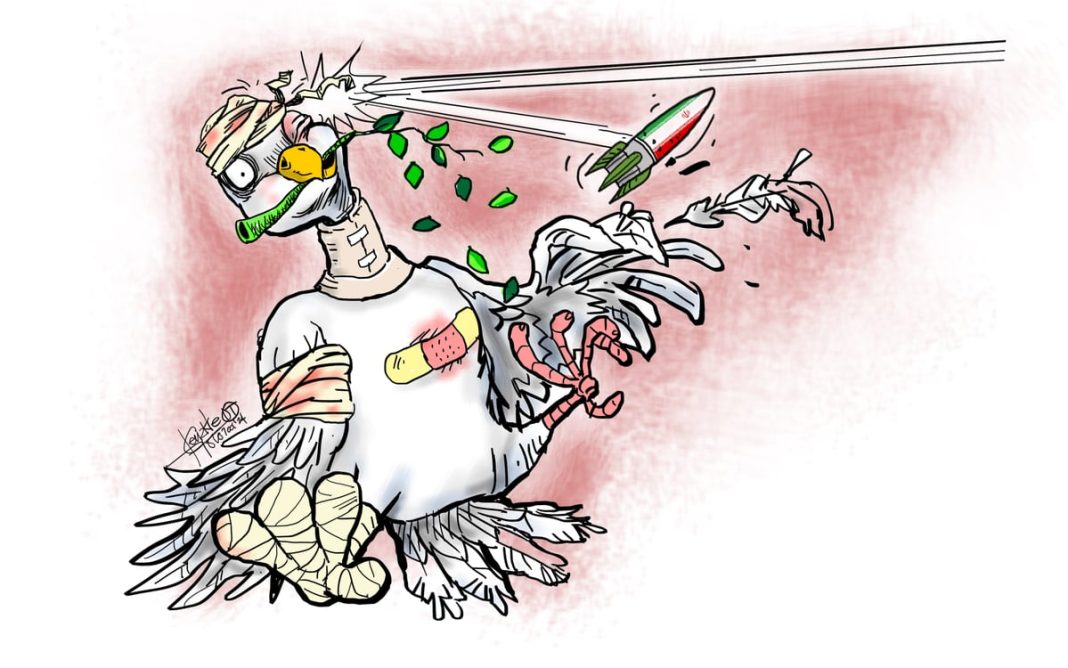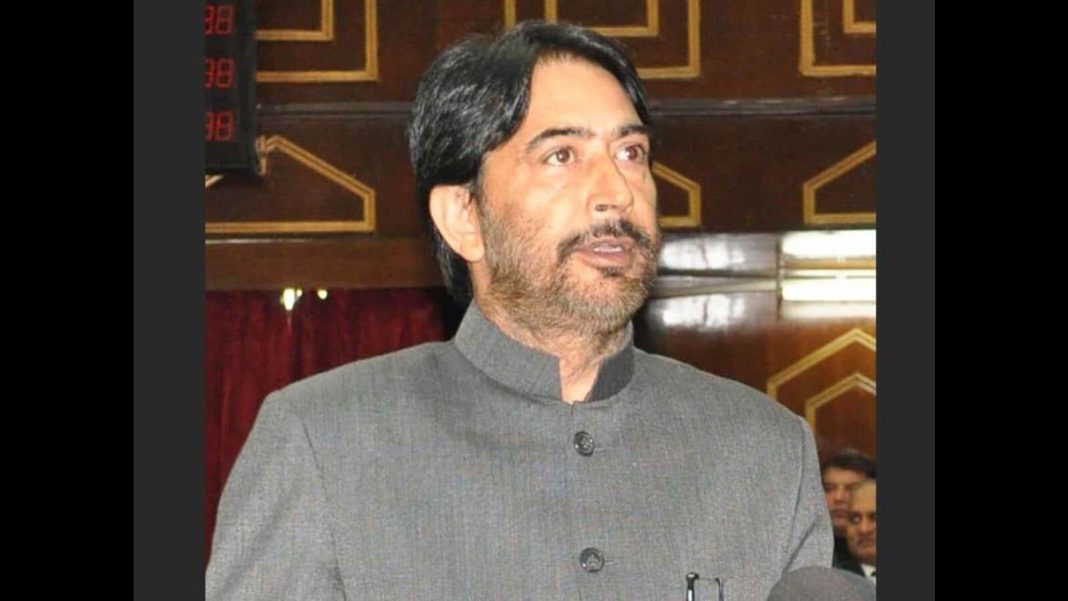Middle East on Edge: Iran’s Missile Attack on Israel Sparks Fears of All-Out War
Tensions in the Middle East have reached a boiling point once again, as Iran’s recent missile attack on Israel has sent shockwaves throughout the region and beyond. With Israel promising a swift retaliation and the United States throwing its full support behind its ally, the specter of a broader conflict looms large. As the world watches this precarious situation unfold, one pressing question remains: will peace in the Middle East ever be more than just a distant dream?
To understand the gravity of the current crisis, it’s essential to grasp the long-standing animosity between Iran and Israel. This rivalry isn’t just a recent development; it’s rooted in decades of geopolitical, ideological, and religious differences. Iran, a predominantly Shiite Muslim nation, views Israel as an illegitimate state and a primary adversary in the region. The Iranian government has consistently expressed solidarity with the Palestinian cause, further fueling its antagonism toward Israel.
On the flip side, Israel sees Iran’s military ambitions, particularly its nuclear program, as an existential threat. The two nations have engaged in a series of proxy battles over the years, with Iran backing militant groups like Hezbollah and Hamas that target Israel. The recent missile attack is not an isolated incident; rather, it’s part of a broader pattern of hostility that has defined their relationship.
Israel’s response to the missile strike is expected to be swift and decisive. Historically, the nation has never hesitated to retaliate against threats to its security. From airstrikes on Iranian-backed militias in Syria to cyber-attacks on Iranian infrastructure, Israel has consistently sought to neutralize any threats emanating from Tehran. The vow to retaliate against this latest missile strike suggests that military action is imminent, and it could escalate quickly.
However, this retaliation carries the risk of spiraling into a wider conflict. Iran, emboldened by its alliances with groups like Hezbollah in Lebanon and militias in Iraq, may mobilize these forces against Israel, potentially opening multiple fronts in the conflict. Such a scenario could draw in other regional powers, including Saudi Arabia, which views Iran as a rival and has its own interests in the outcome of any conflict involving Tehran.
Adding another layer of complexity is the United States, which has always positioned itself as a staunch ally of Israel. With its recent declaration of support following Iran’s missile attack, the U.S. is signaling its readiness to defend its key ally in the region. However, this support could come at a cost. American military involvement, whether direct or indirect, risks further destabilizing the region and straining relations with other nations.
For instance, Russia, which maintains close ties with Iran, could perceive U.S. support for Israel as a provocative move, potentially igniting tensions between global powers. Additionally, the U.S. risks alienating Arab nations that have recently normalized relations with Israel but remain wary of excessive American intervention in regional affairs.
Given the intricate web of alliances, historical enmities, and religious divides, achieving peace in the Middle East has always seemed like an uphill battle. The ongoing conflict between Israel and Iran is just one of many flashpoints in a region plagued by civil wars, insurgencies, and external interventions. The Arab-Israeli conflict, the Syrian civil war, the Yemen crisis, and the rise of militant groups like ISIS have all contributed to the region’s instability.
Moreover, diplomatic efforts have often fallen short of achieving lasting peace. Initiatives like the Iran nuclear deal, the Abraham Accords, and various U.S.-led peace talks have provided brief glimmers of hope but have failed to address the underlying issues fueling conflict.
In essence, Iran’s missile attack on Israel and the subsequent vow of retaliation highlight the deep mistrust and zero-sum nature of Middle Eastern geopolitics. As long as regional powers continue to vie for dominance and ideological and religious divisions remain entrenched, the dream of peace will likely remain just that—a dream. As we watch this situation unfold, one can only hope that cooler heads will prevail and that a path toward lasting peace can eventually be found.



